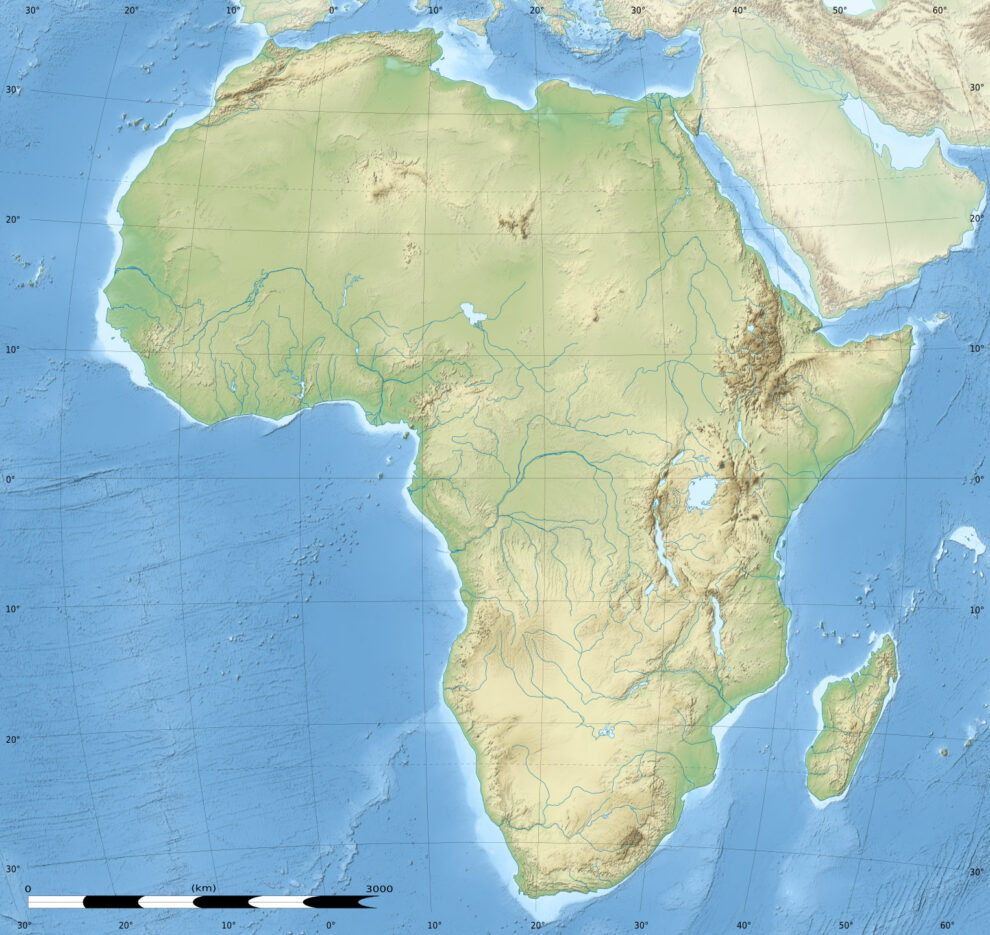Migration, terrorism and energy — three ‘crisis’ topics — have preoccupied EU policy and their societies’ view of their neighbourhood in northern Africa for a long time.
Caught in (post-)colonial attitudes, misled by a deplorable lack of knowledge of internal developments, and frightened by new geopolitical competitors: Europe’s relations with northern Africa is a good — or rather, bad — example of how biased and outdated perceptions worsen crises rather than overcoming them and laying the foundation for a new chapter of cooperation.
For too long, keeping the problems — literally — at bay has been left to southern European member countries of the EU.
But just like the Ukrainian war is a pan-European challenge and not just limited to the Eastern member states, the same can be said of the bloc’s dealings with our southern neighbourhood.
The past colonial experiences of France, Spain, and Italy are at least a double-sided sword, as this greater knowledge comes with potentially strained relations and vested interests. The following thoughts outline some dimensions, which are crucial in opening a new chapter with our north African neighbours.
Any betterment begins with acknowledging that our relations with the region are full of contradictions. Afraid of uncontrolled migration, we de facto close any relevant and legal options for educational and professional exchanges. We leave the young generation with illegal migration as their only option, and destroy any chances of circular migration and re-investment into the home countries. We block the necessary exchange of goods and services, and redirect only half-hearted future investments in energy and transport infrastructure to the region.
The momentum of the Barcelona Process of 2020, which promised a new chapter in European-North African relations, has not kept up since.
Updating the existing trade and investment-related agreements, some of which date back to the 1990s, has been promised, but so far unrealised. And a quick look into economic exchange data shows that Morocco largely dominates, while trade with Algeria and Tunisia is limited to a narrow range of commodities, and very imbalanced.
Digging a deeper hole
Apparently, bad experiences in the past haven’t prevented European policymakers from continuing to dig deeper the same hole. The latest migration “deal” with Tunisia is a simple continuation of what went wrong after the 2015 migration crisis, when Europe paid Turkey to protect European borders.
Believing that other nations will behave differently is simply naïve.
Considering Tunisia more closely, we see a nation on the brink of collapse.
We expect them to manage problems the European Union itself wasn’t willing and capable of coping with. We expect them to deal with failed statehood in our “second neighbourhood”, the Sahel region, where major European powers failed to (re)establish statehood.
The fear of losing influence to other authoritarian powers, such as China, Russia, or Türkiye, has closed our eyes to critically reviewing our current approach.
Now, European policy is in danger of turning towards a ‘super-realist’ mode of engagement, forgetting all lessons about conditionality and, at the same time, laying the groundwork for future failures. Yet, there is still a window of opportunities for reshuffling our engagement, before the region has totally turned to other regions. Europe must do its homework in three key areas: stakeholders, legal frameworks, and communication.
Debates in Europe often praise ‘civil society’ as the game changer. But this term doesn’t make clear whom we are talking about. There is (still) an impressive degree of civic engagement, particularly in Tunisia; less so in the other countries.
And the record of political parties after the 2011 Arab Spring has only paved the way to a new dictatorship.
However, as sad as it sounds, Europe must also deal with parts of the ruling elites, even if those governments and parliaments can hardly be called democratic. Non-governmental players, and among them European political parties, should use their specific networks to weave a denser fabric with their counterparts.
As limited as this might look for the moment, it could break up the aforementioned crisis perception and open new perspectives, e.g., in constitutional developments. Having established those links ‘preventively’ could avoid shameful kowtows, as happened after the Russian attack on Ukraine, when Europe desperately sought new energy suppliers.
The current philosophy of EU agreements, particularly in trade, follows a ‘one-catch-all’ approach and overloads bilateral treatments with other objectives, such as climate protection and labour rights.
A more humble, limited approach could lead to faster agreements, and doesn’t exclude future ‘add-ons’. If Europe continues like this, it would overlook the many sparrows of bilateral cooperation in its hands, focusing instead on the pigeon on the roof.
A well-known problem is a lack of effective public diplomacy from the European Union in terms of consistency, coordination within the EU institutions, and with member states and non-governmental actors on the ground.
The sometimes paradoxical messages Europe sends its partners are often the result of the internal contradictions within Europe. For the moment, Europe has no convincing story it could tell our neighbours in northern Africa.
EU-North Africa relations will surely remain on a bumpy road in the years to come, but Europe must take the right turn and rethink its policy instruments and its approach to the area, in the quest for more fruitful cooperation and mutual benefit among all shores of the Mediterranean.
Source: EU Observer
















